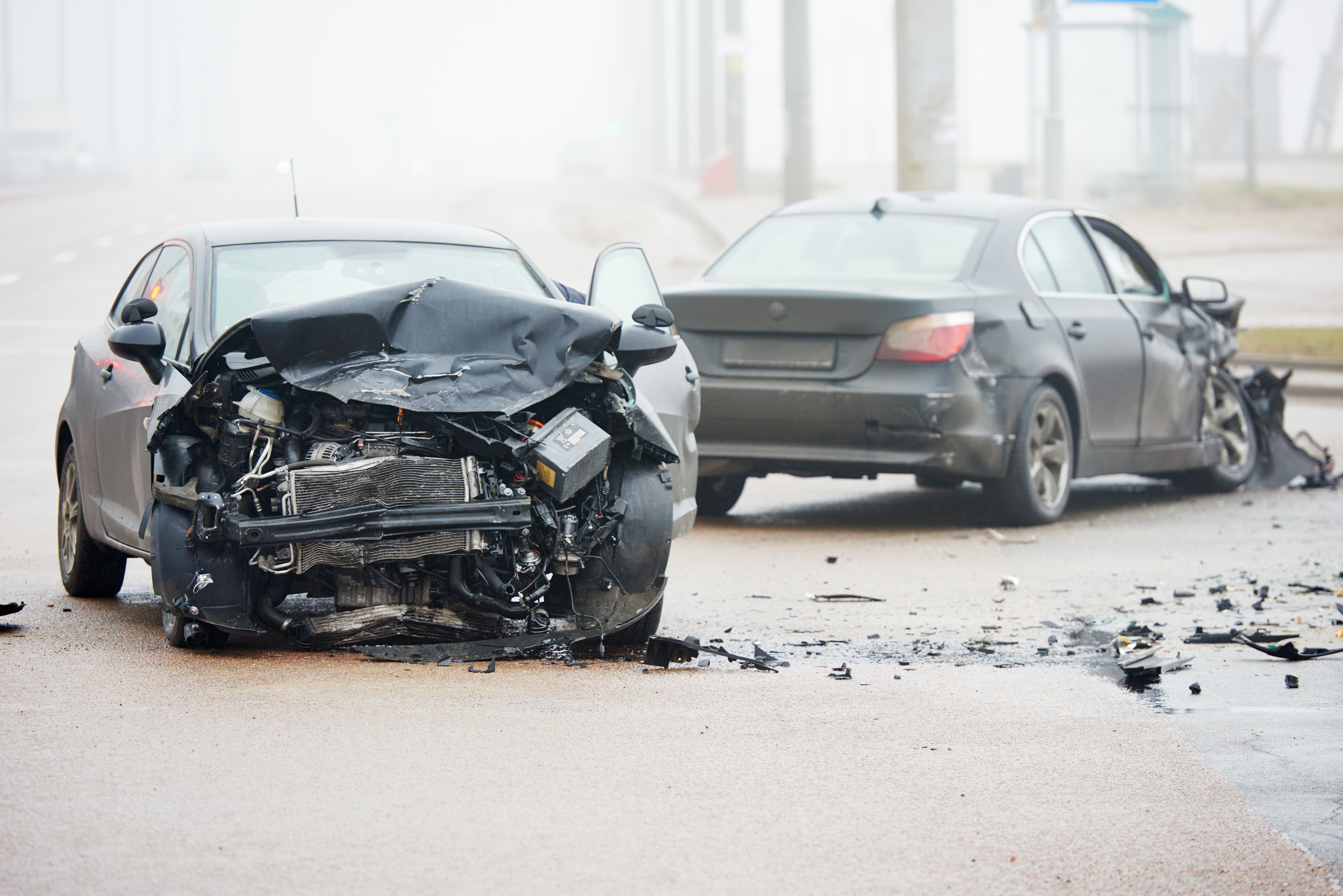Black boxes are not just for airplanes, anymore.
If you have a new car, it almost certainly has an Event Data Recorder (EDR), more commonly known as a black box.
EDRs help carmakers determine how to improve vehicle safety, and they help investigators determine what happened after a crash. Unfortunately, insurance companies also use them to avoid paying claims after accidents, and EDRs raise serious privacy concerns.
Does My Car Have an Event Data Recorder (EDR)?
The first car EDR was introduced by General Motors in the mid-’70s, but this was a crude device that only recorded airbag deployments. As EDRs became more sophisticated, other carmakers slowly got on board.
By 2005, two-thirds of new cars came with some kind of EDR, and the Insurance Institute for Highway Safety says that all new cars have them now.
What Do Black Boxes Record?
The National Highway Traffic Safety Administration requires that all EDRs in cars collect 15 specific data points, including:
- Speed the vehicle was traveling at the time of impact;
- Steering angle at the time of impact;
- Whether the driver was wearing a seatbelt;
- When the brakes were applied;
- How long it took for airbags to deploy; and
- Amount of time between two recorded events, such as a skid and a crash.
EDRs do not record audio or video, and they do not track location, time, or date.
Who Can Access and Use EDR Data?
Because it collects such valuable information, EDRs have become a critical part of insurance investigations, personal injury lawsuits, and even criminal cases.
Unfortunately, a machine that collects so much information also raises serious privacy questions, such as: If law enforcement accesses EDR data does that constitute a search, and, if so, should it require a warrant?
This question is far from settled, but a Florida court ruled last year that police violated a driver’s Fourth Amendment protections against unreasonable searches by retrieving EDR data without consent or a warrant. You can expect to see more rulings on the issue.
Most commercial trucking companies have EDRs in all their vehicles – they use the devices to track their drivers and monitor their behavior.
However, the devices are often used against those same companies in personal injury lawsuits – auto accident attorneys, with the help of accident reconstruction experts, can use EDR data to prove the driver or the company were responsible for the accident.
Are There Any Laws to Protect My Privacy?
The federal Driver Privacy Act of 2015 prohibits anyone other than the registered owner to access the EDR’s data, with the following exceptions:
- A court orders the retrieval of EDR data (for example, as part of a personal injury lawsuit);
- The vehicle’s owner or lessee consents to the retrieval of data for any purpose;
- The data is retrieved as part of an authorized investigation by the National Transportation Safety Board or Department of Transportation;
- The data is needed to determine the appropriate emergency medical response after a crash; or
- The data is being used for traffic safety research, in which case the owner’s identity and the VIN must be protected.
In addition to the federal law, seventeen states have statutes that address EDRs and privacy.
South Carolina is among six states that have legislation pending. H.B. 3527 would require manufacturers of new vehicles and car rental companies to disclose the presence of EDRs in their vehicles and to offer protections similar to those in the federal law.
Auto Accident and Trucking Accident Attorneys in Myrtle Beach, Conway, Columbia, and Charleston, SC
Accessing the data from an event data recorder (EDR) is one of many ways that we can collect the evidence that you need to prove liability after your car wreck. If you have been hurt in an accident, call the auto accident lawyers at Coastal Law now at (843) 488-5000 or message us through our website to find out how we can help.


